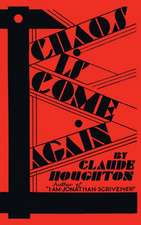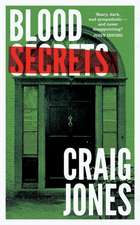The Rubaiyat of Omar Khayyam
Autor Omar Khayyam, Edward (TRN) Fitzgeralden Limba Engleză Paperback – 30 mar 2007
Preț: 81.73 lei
Nou
Puncte Express: 123
Preț estimativ în valută:
15.64€ • 16.36$ • 12.99£
15.64€ • 16.36$ • 12.99£
Carte tipărită la comandă
Livrare economică 03-17 aprilie
Preluare comenzi: 021 569.72.76
Specificații
ISBN-13: 9781603121316
ISBN-10: 1603121315
Pagini: 120
Dimensiuni: 152 x 229 x 7 mm
Greutate: 0.19 kg
Editura: LIGHTNING SOURCE INC
Colecția Alan Rodgers Books
ISBN-10: 1603121315
Pagini: 120
Dimensiuni: 152 x 229 x 7 mm
Greutate: 0.19 kg
Editura: LIGHTNING SOURCE INC
Colecția Alan Rodgers Books
Descriere
Omar Khayyam was a Persian astronomer and mathematician born in the later part of the 11th century. His poetry, which received very little notoriety in its day, achieved classic status when it was discovered and rendered into English verse by Edward Fitzgerald more than 700 years later. Presented here are the traditionally collected first and fifth editions with the original notes and Introduction by Fitzgerald.
Notă biografică
Omar Khayyam (1048 - 1131) was a Persian mathematician, astronomer, and poet. As a mathematician, he is most notable for his work on the classification and solution of cubic equations, where he provided geometric solutions by the intersection of conics. As an astronomer, he composed a calendar which proved to be a more accurate computation of time than that proposed five centuries later by Pope Gregory XIII. Omar was born in Nishapur, in northeastern Iran. He spent most of his life near the court of the Karakhanid and Seljuq rulers in the period which witnessed the First Crusade. There is a tradition of attributing poetry to Omar Khayyam, written in the form of quatrains. This poetry became widely known to the English-reading world due to the translation by Edward FitzGerald (Rubaiyat of Omar Khayyam, 1859), which enjoyed great success in the Orientalism of the fin de siècle.
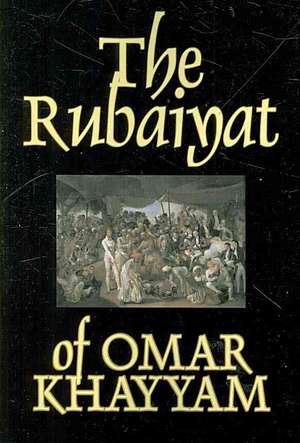
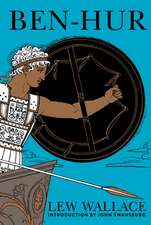
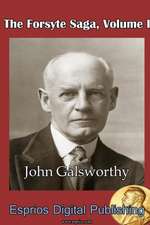

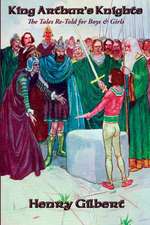


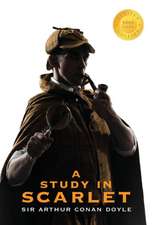

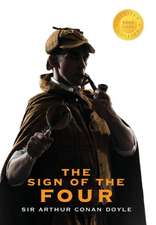

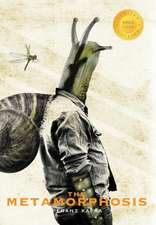

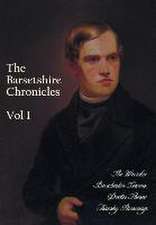

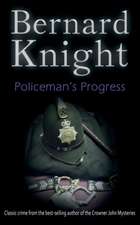


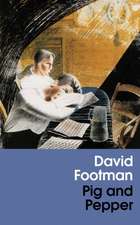
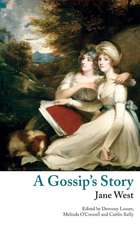
![The Mysteries of London, Vol. II [Unabridged & Illustrated] (Valancourt Classics)](https://i1.books-express.ro/bt/9781943910168/the-mysteries-of-london-vol-ii-unabridged-illustrated-valancourt-classics.jpg)
